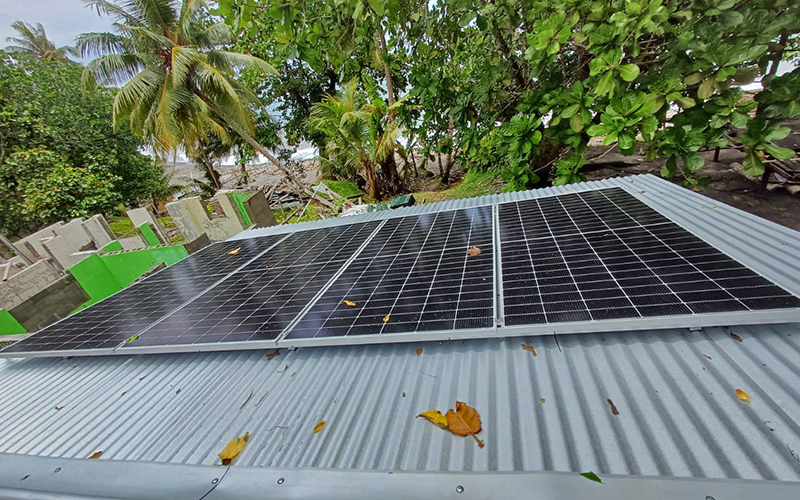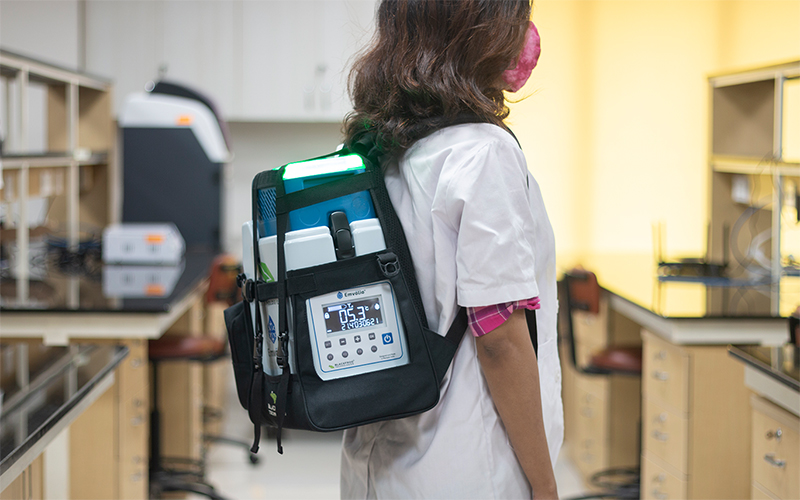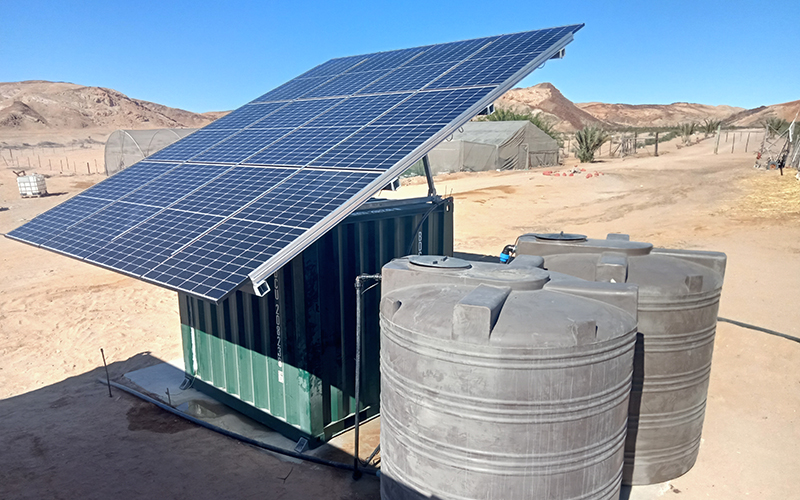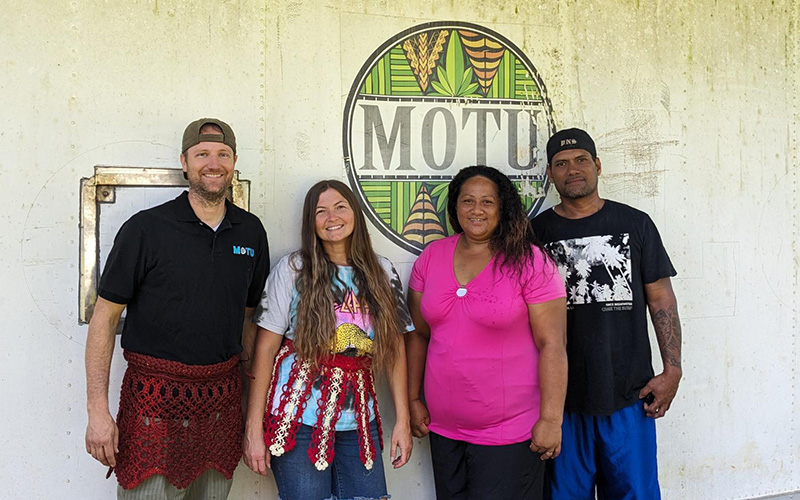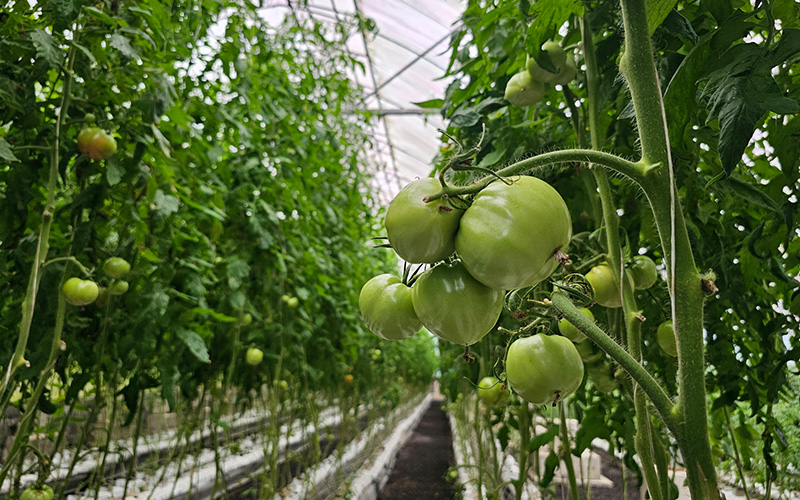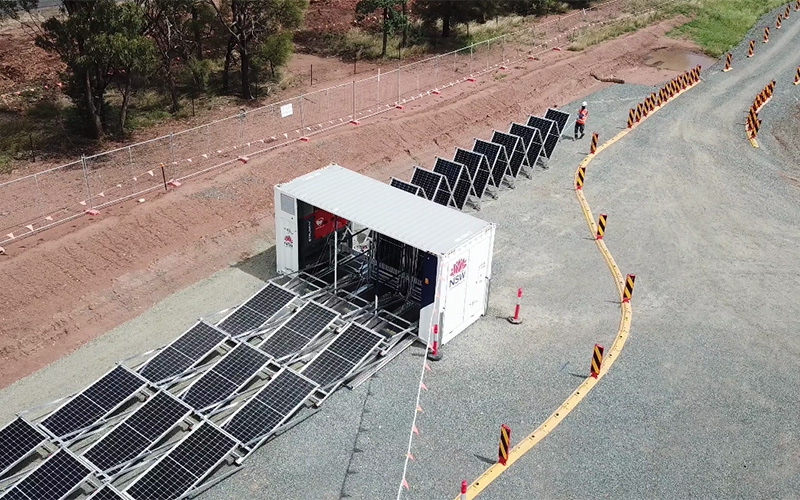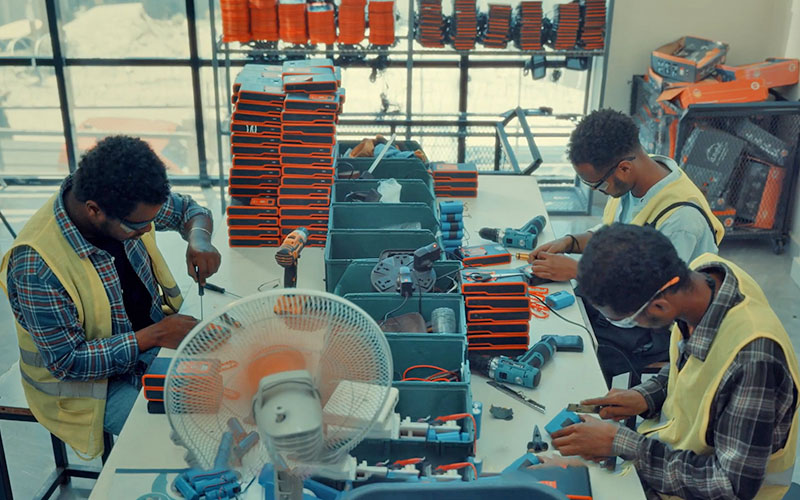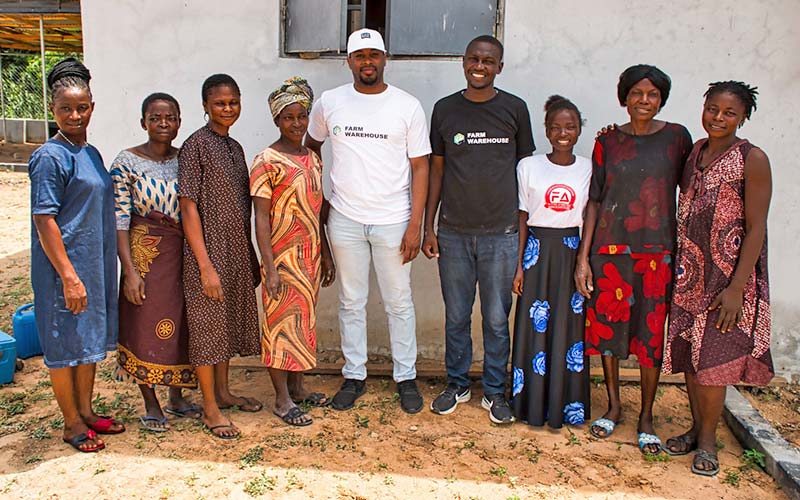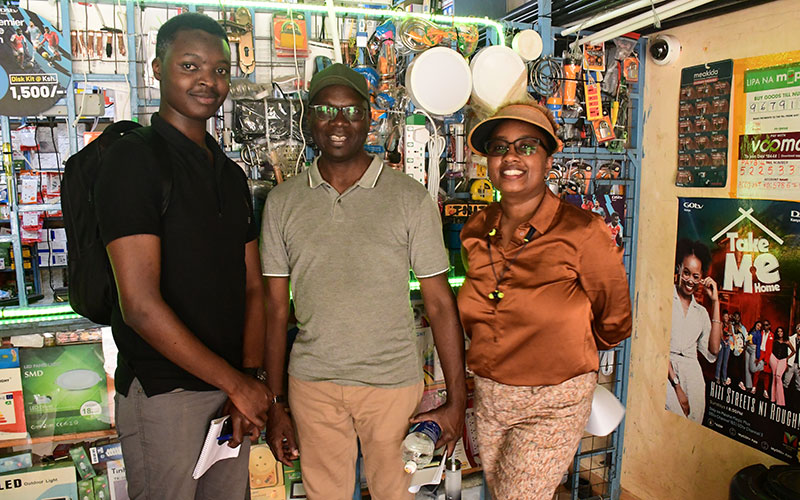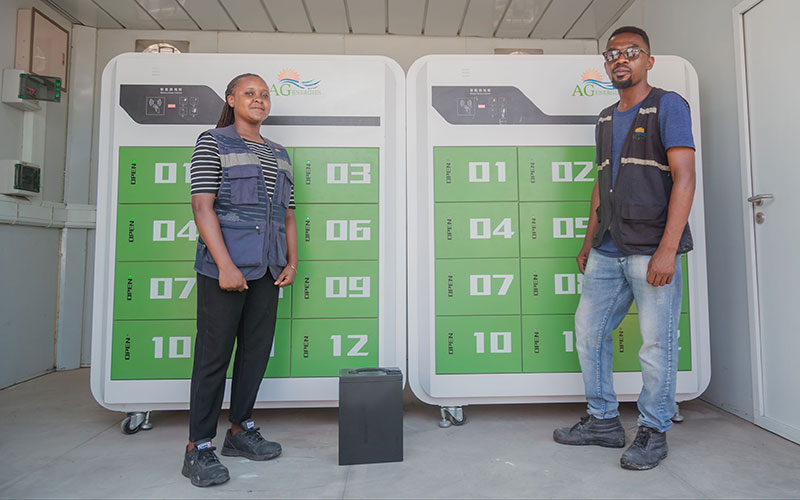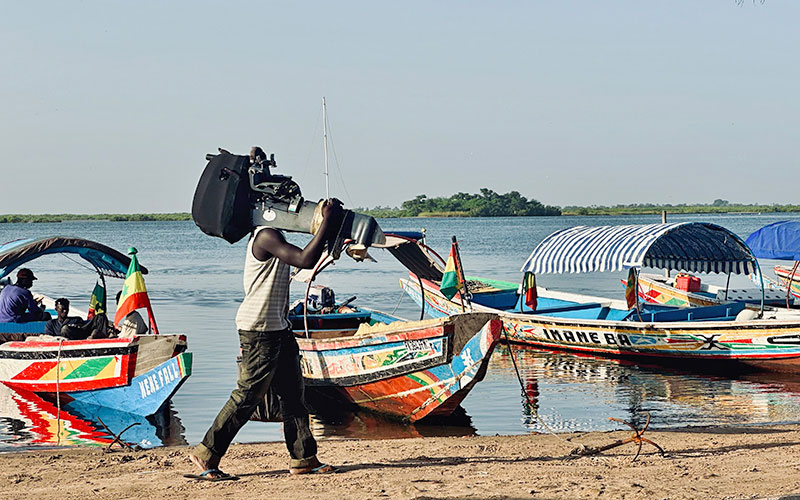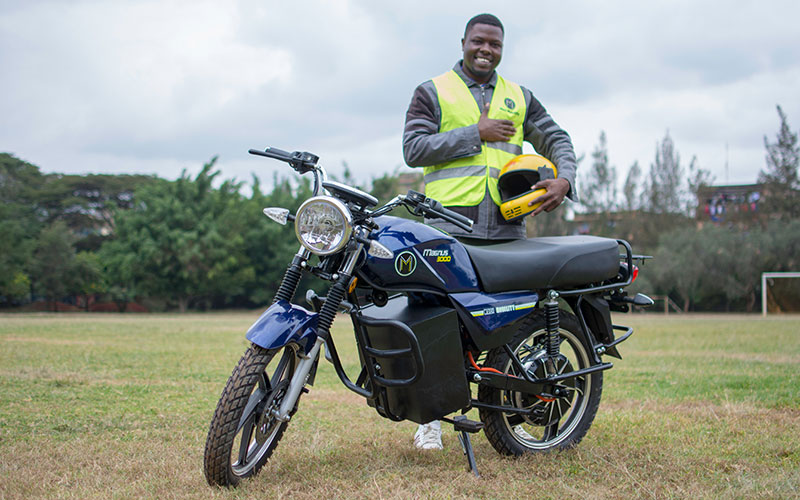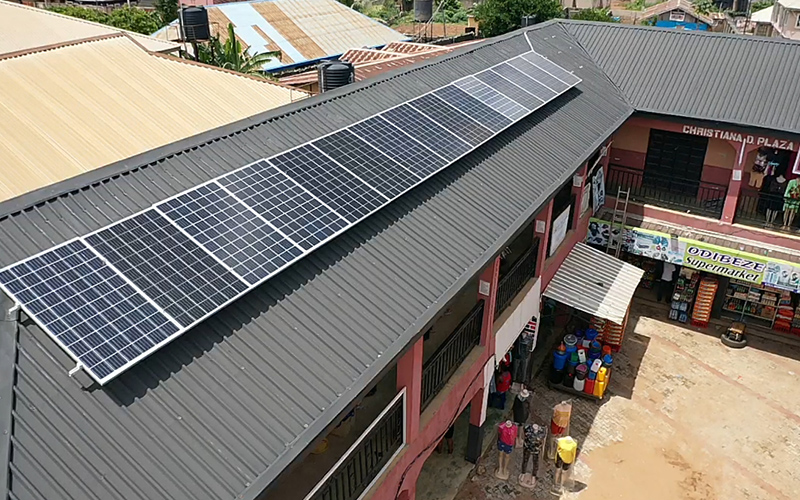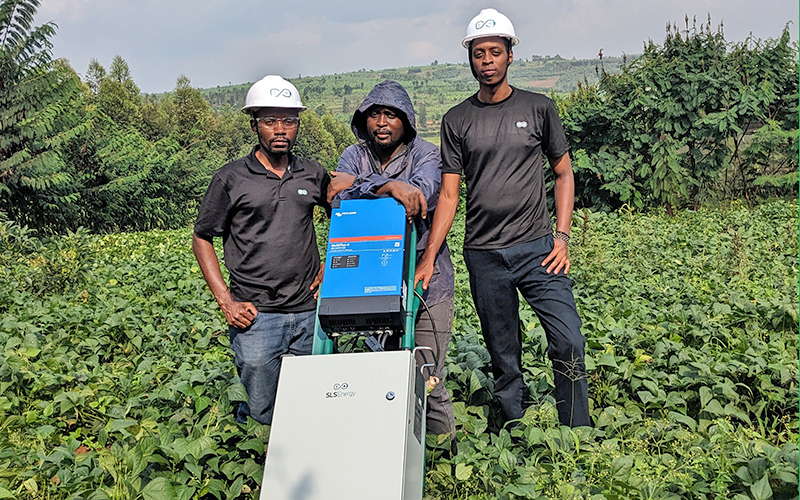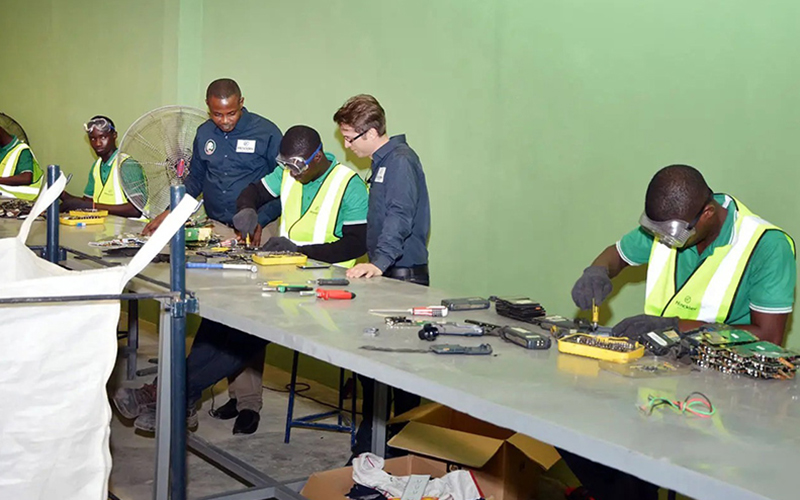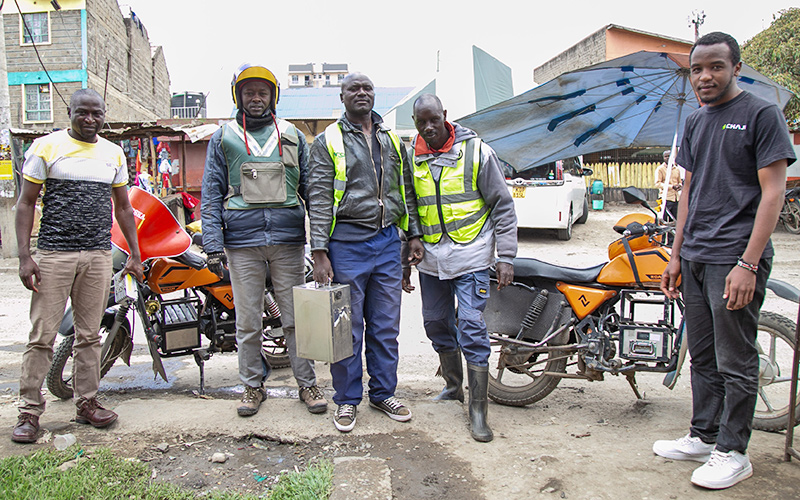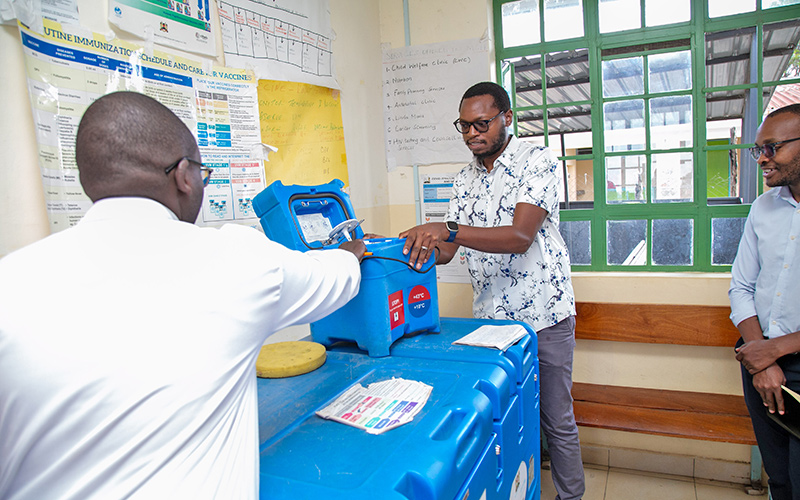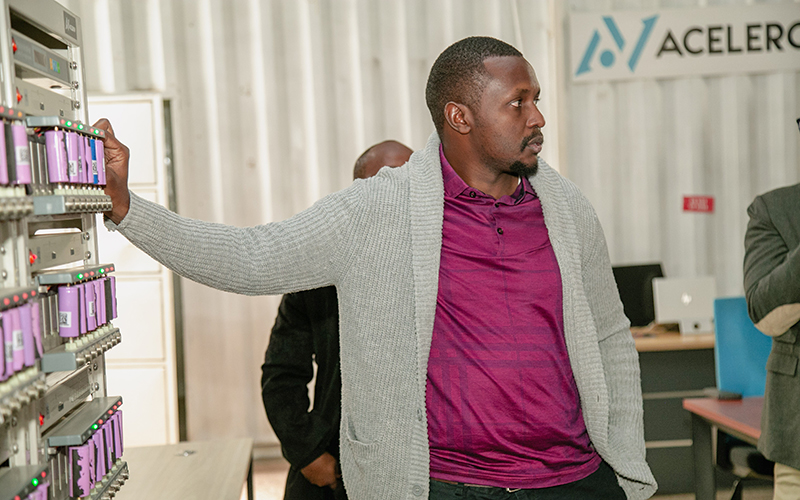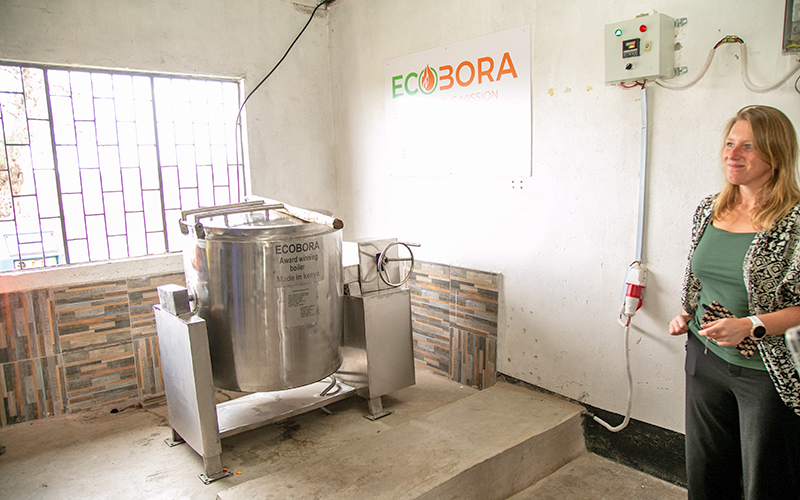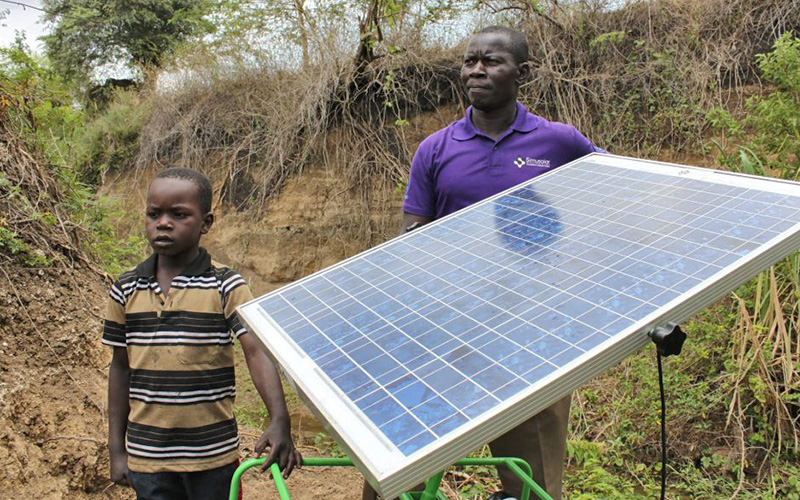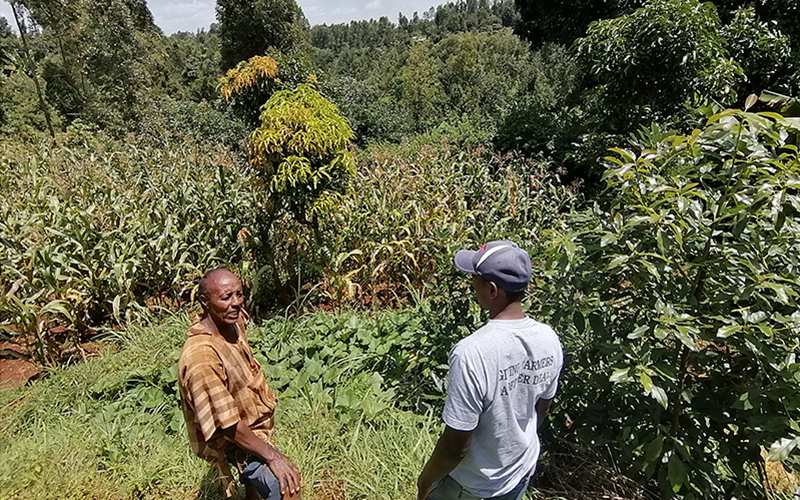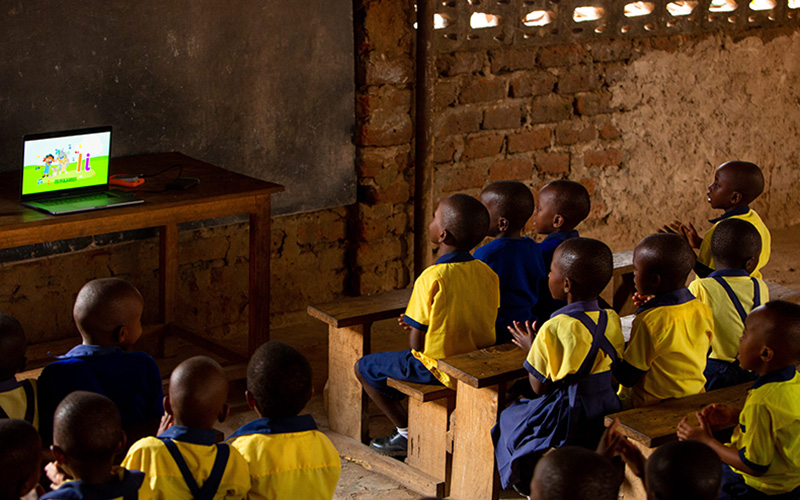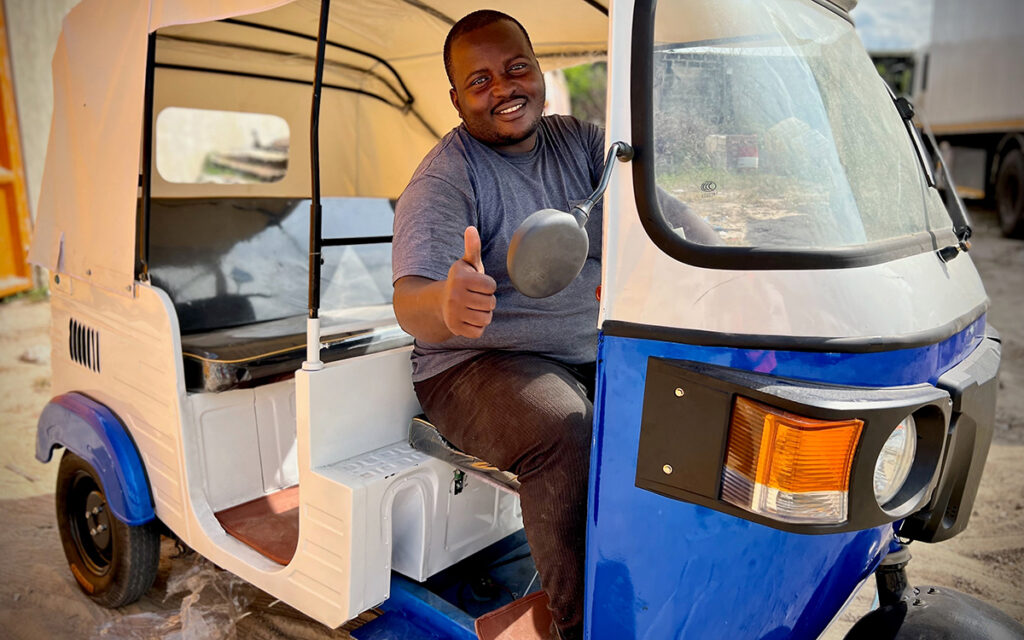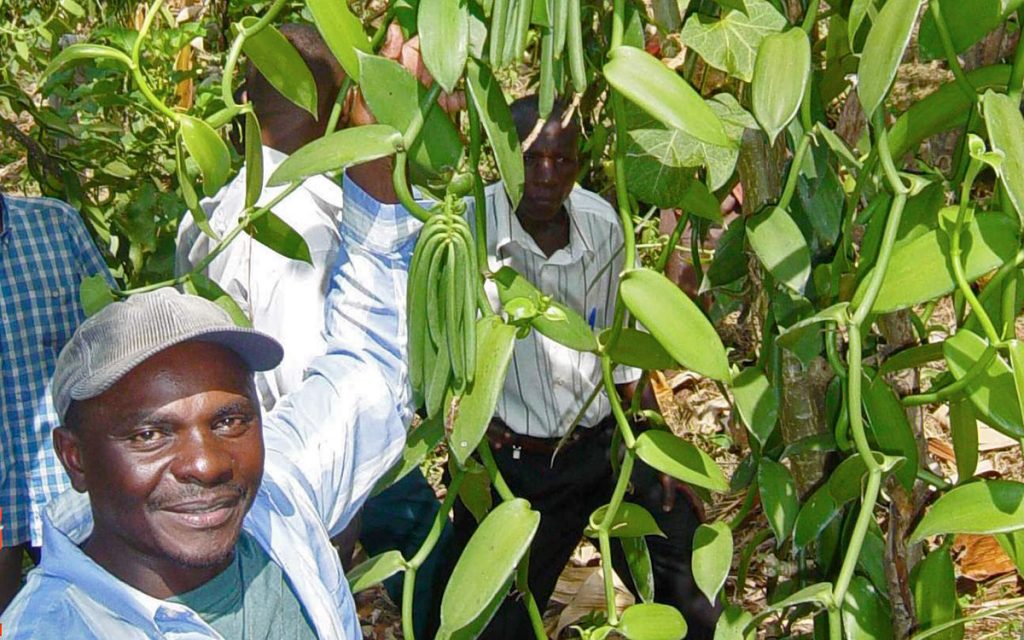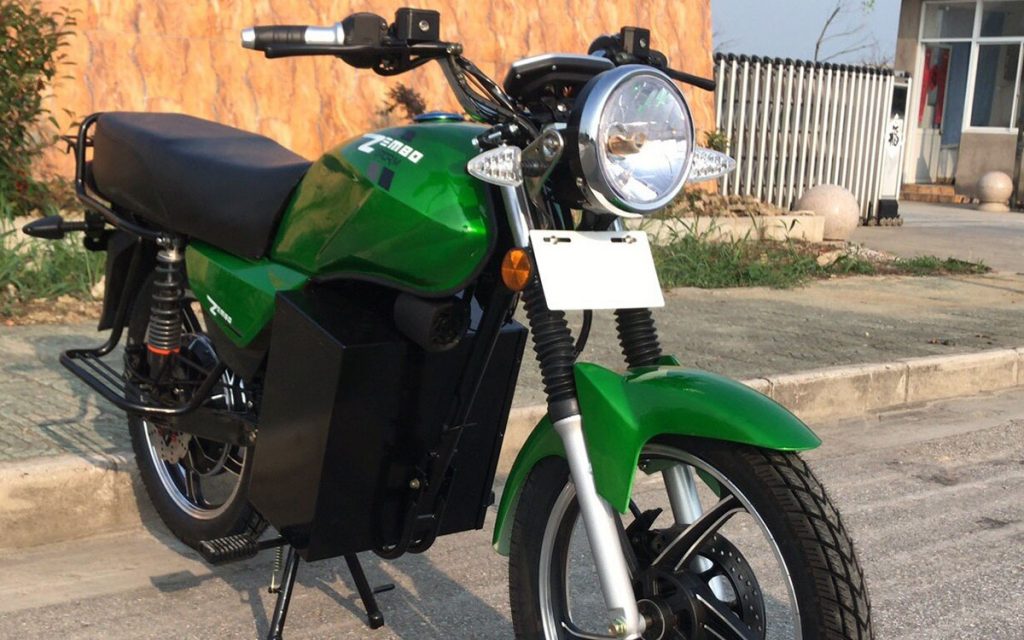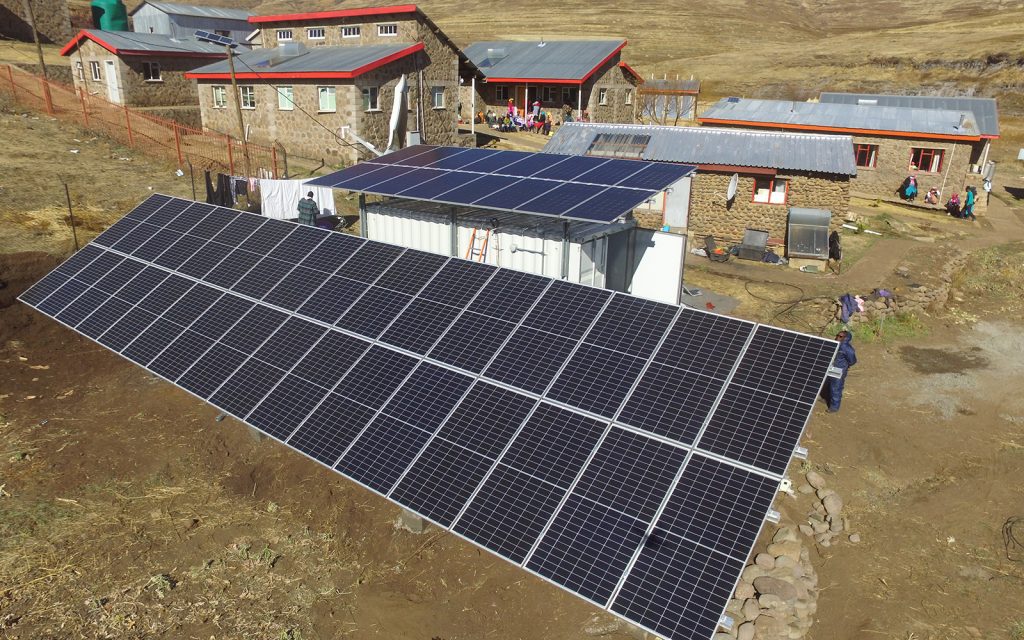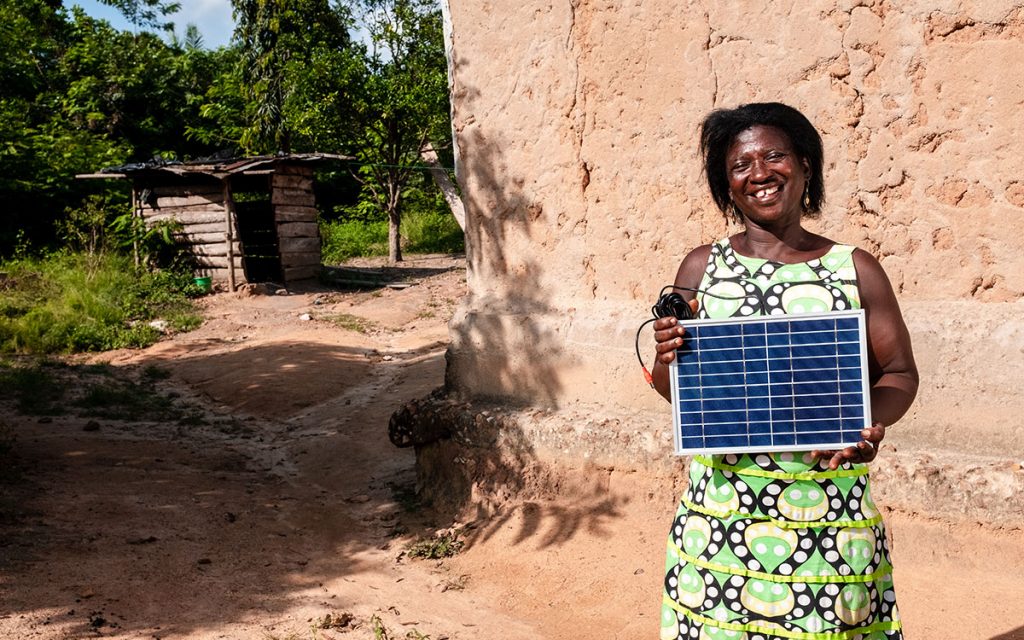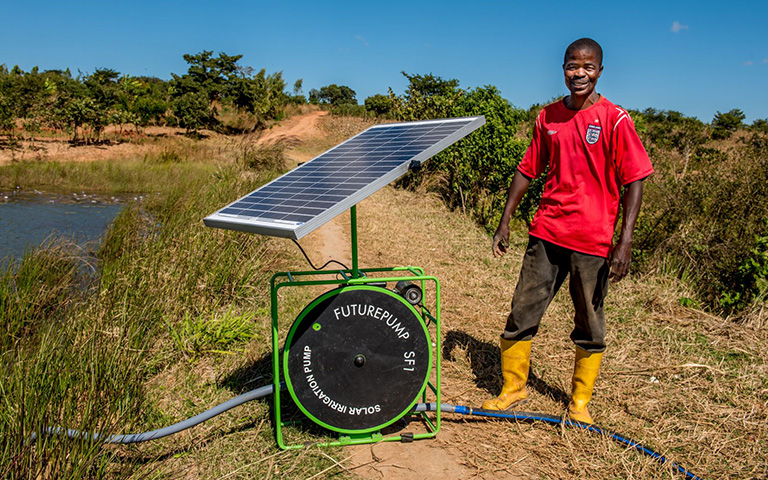PREO is a demand-led productive use of renewable energy (PURE) programme improving the livelihoods of communities in sub-Saharan Africa and Pacific Island Countries through partnerships, knowledge sharing and innovation.
PREO SUPPORT

Funded Projects
Funding for innovative, off-grid PURE business models in sub-Saharan Africa that support economic prosperity and job creation in local value chains.

Technical Assistance
Tailored assistance to enterprises and organisations seeking to improve their viability, productivity and community impact using our pool of highly-trained experts.
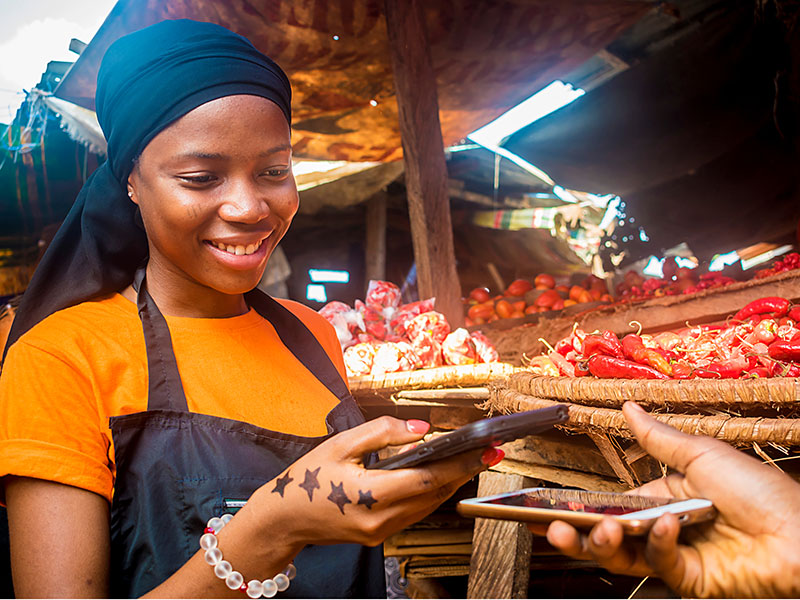
Knowledge Hub
A repository of information for actors across the PURE value chain to break down investment barriers and disseminate best practice learnings.
FUNDED PROJECTS
Archipelago
Archipelago, is implementing a scalable fish trading model across Solomon Islands Pacific Island Countries by partnering with local entrepreneurs under
SDG Changemakers
SDG Changemakers is testing the viability of using solar-powered processing units in the coconut value chain in Fiji, while developing
Blackfrog Technologies, in partnership with SB Max Institute of Healthcare Management and PATH
In regions like Fiji, where reliable electricity is scarce, maintaining the cold chain for critical medical supplies remains a major
Bluemont
Bluemont Pty Ltd is enhancing sustainable water access in remote Pacific Island communities by deploying innovative, solar-powered desalination systems. With support
Motu Juice
Motu Juice, based in Tonga, is piloting off-grid, solar-and biomass-powered mini-factories to produce over 250,000 litres of coconut milk annually.
Sunshine Pacific
Sunshine Pacific is advancing sustainable farming by installing a solar energy system at a 16-acre commercial agri-site, including an 8-acre
PNG Women in Agriculture Development Foundation
PNG Women in Agriculture Development Foundation, in partnership with Black Stump Technologies, is piloting the Erap Mama’s Market Depot –
Inter Ethiopia Solutions (IES)
Inter Ethiopia Solutions PLC (IES) is an Ethiopia-based enterprise specialising in e-waste management and the refurbishment of solar home systems
Farm Warehouse
Farm Warehouse began as a distributor of agro-processing equipment to farmers and small businesses connected to mini-grids. After selling 75
Strathmore University
Strathmore University, located in Nairobi, Kenya, is a chartered institution known for its commitment to quality education and research. The
AG Energies
AG Energies is a pioneering company in Tanzania, dedicated to advancing sustainable transportation solutions. Specialising in battery swapping services for electric
Jokuson Energies
JOKUSON ENERGIES retrofits boat engines with electric motors, aiming to cut expenses, enhance safety, and contribute to global sustainability. The
Mazi
Mazi, an e-mobility company established in Kenya, provides electric motorcycles and charging infrastructure to address the pressing issues of environmental
ICE Solar
ICE Solar Commercial Power Ltd is a Nigerian climate technology company aiming to transform energy access for micro MSMEs through
SLS Energy (One Acre Fund)
SLS Energy operates a “Battery-as-a-Service” model in Rwanda for industrial customers such as telecom towers. Its primary focus is on
Hinckley E-Waste
Hinckley, an e-waste recycling company established in Nigeria, has developed a semi-industrialised recycling facility capable of processing an impressive 10,000
Chaji
Chaji, an electric vehicle charging company, is targeting the e-mobility sector in Kenya’s major urban centers. The company sells Electric
Drop Access
Drop Access, established in 2021, is a Kenya-based manufacturer of ‘VacciBox’, an innovative vaccine preservation and cooling solution designed for
Acele Africa
AceleAfrica manufactures and sells new and second-life battery packs to e-mobility companies. The company’s flagship initiative – the Scaling Affordable
Ecobora
Kenya-based company Ecobora specialises in providing clean cooking solutions to institutions and schools. With a track record of supplying and
Roam/Opibus
Roam, formerly known as Opibus, is an electric mobility company focused on electrifying vehicles in Africa – starting with motorbike
Simusolar
Simusolar, a solar-powered agriculture equipment supplier, is focused on improving productivity for smallholder farmers in East Africa, particularly through irrigation
SokoFresh
SokoFresh supports smallholder farmers to reduce post-harvest loss and increase the value of their harvests, by unlocking access to off-grid
Trend Solar
In Tanzania, over 17,000 schools lack access to electricity, negatively affecting student enrolment, lesson quality, and overall educational outcomes, which
Tri
TRī is an early-stage electric mobility company operating in Tanzania. The company offers affordable three-wheeled vehicles to professional drivers through
Volt-Terra
Volt-Terra, a joint venture between INENSUS and Gourmet Gardens, focuses on developing mini-grid solutions to provide reliable and affordable electricity
Zembo
Zembo sells electric motorcycles on credit plans and operates battery-swap stations in Uganda. Zembo’s motorcycle taxis (known locally as Boda
OnePower Lesotho
OnePower (1PWR), a solar power developer in Lesotho, has been instrumental in advancing the country’s renewable energy sector through both
PEG Africa
PEG Africa, a leading pay-as-you-go solar company in West Africa, plans to provide 160 solar irrigation systems on credit to
Practical Action Consulting
Practical Action Consulting, in partnership with African Mini Grids and Modern Farming Technologies, is working to support women smallholder farmers
